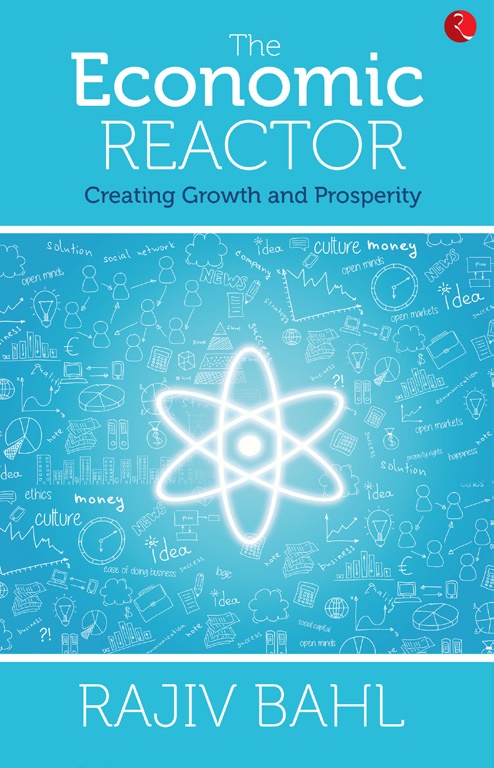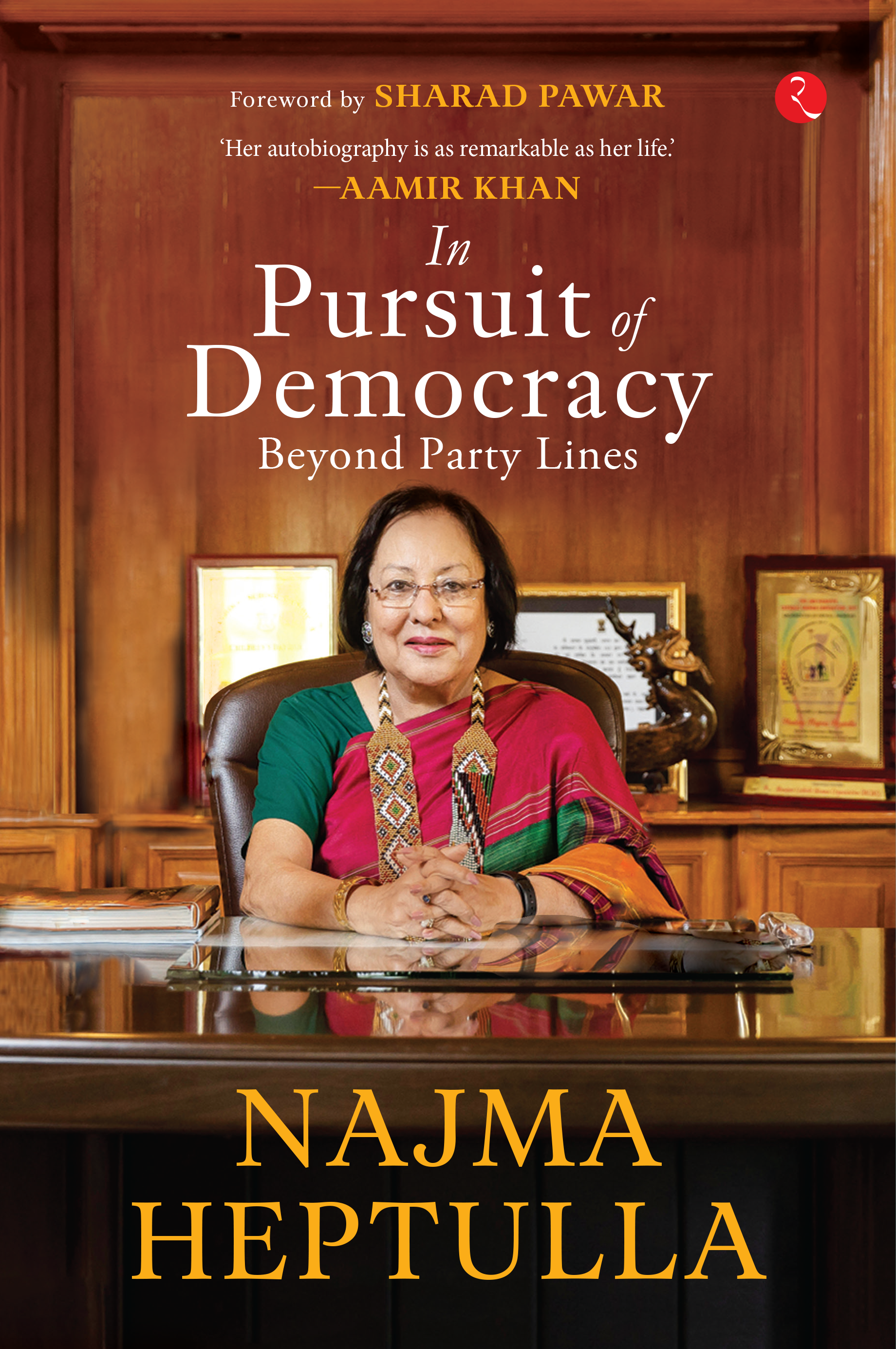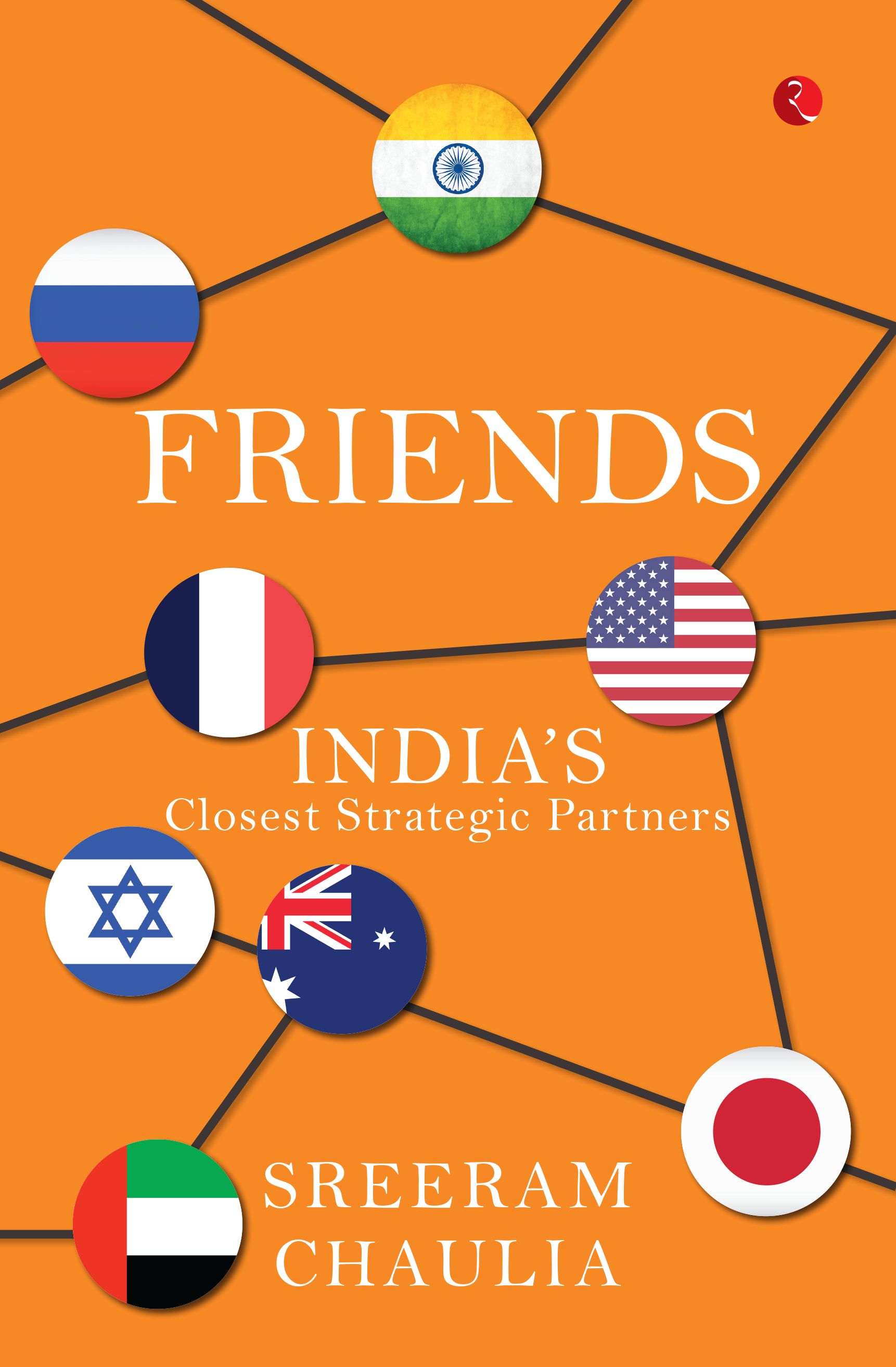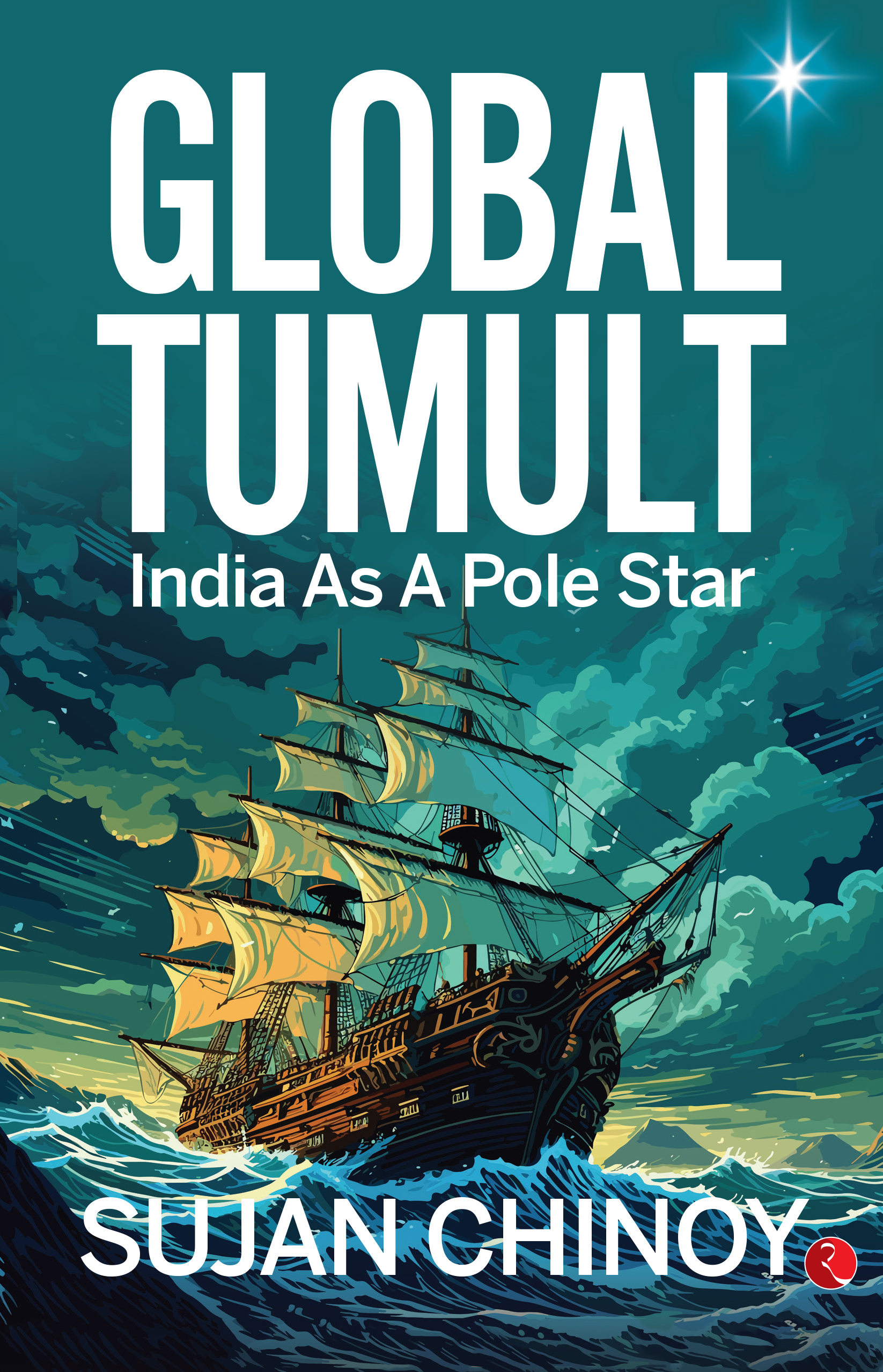
The Economic Reactor: Creating Growth and Prosperity
- Category Business & Economics
- Format Hardback
- Imprint Rupa
- Price 495
- ISBN: 978-81-291-3978-8
- Pages: 304 pages
- Date: September 2016
ABOUT THIS BOOK
What leads to sustainable economic growth and happiness? Is it a nation’s culture, or education, or the rule of law, or competitive markets? Or, is it all of these and more?
In this provoking and highly readable treatise, successful start-up founder Rajiv Bahl visualizes the economy of a country as an engine, which must function in all its parts if the country is to achieve sustained economic growth.
When people communicate, sharing and learning from one another, ideas are born. With this thought in mind, Bahl sets out to discover how the continuous generation, release and implementation of new ideas ensures sustained economic growth.
The Economic Reactor: Creating Growth and Prosperity points to aspects of culture—ideas, customs and social behaviour of a society—that must be in place to ensure economic growth. Using the powerful analogy of a nuclear reactor, Rajiv Bahl envisions a smoothly working economic engine that promotes egalitarianism and is the path to individual and societal happiness. He suggests changes in the focus and syllabi of school education to promote generation of ideas. Further, he delves into the history and nature of money and the hazards of deficit financing, and discusses how both internal and external markets and trade may be made more efficient. He also analyses interest and taxation rates and the point in the economic cycle from where taxes should be collected.
This book holds important lessons for governments, organizations and policy watchers worldwide.








